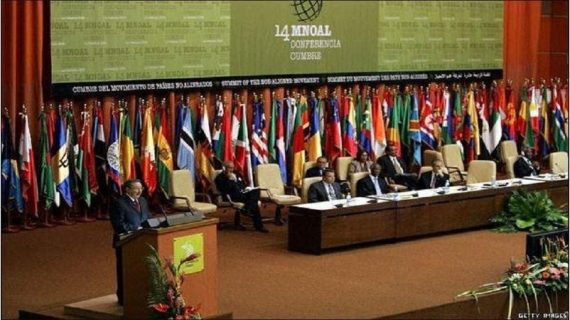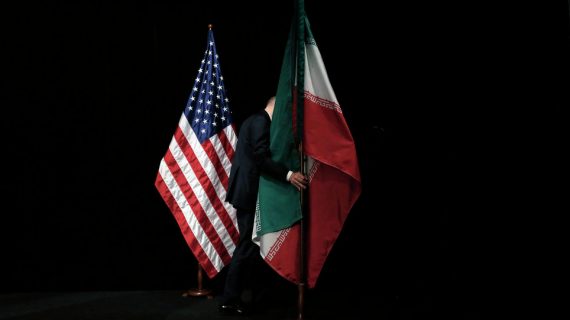EDITORIAL: SA needs to be ready for Boris Johnson fallout
Reported by HPMM Group according to the fainancial mail ; From a potential conflict with Iran to the prospect of crashing out of its most important economic relationship in little over three months, the UK, one of SA’s most important trading partners, could do with some serious leadership.
Whether it will get that from Boris Johnson is another story.
A colourful politician with a rather interesting relationship with the facts, he has very little to show from his previous jobs in public office. His time as foreign secretary will mostly be remembered for his mishandling of the case of Nazanin Zaghari-Ratcliffe, the British-Iranian charity worker who is serving a five-year prison term in Iran for espionage.
Her husband, Richard Ratcliffe, has described Johnson, who is set to become prime minister on Wednesday if he wins the race to lead the Conservative Party as widely expected, as a security risk.
Richard previously accused Johnson of making false promises that compromised efforts to win his wife’s release.
Johnson was also the figurehead of the campaign for Brexit, with some analysts saying it was unlikely the vote to leave the EU would have carried without him.
That was a campaign characterised by blatant falsehoods, such as the claim that the UK’s net payment to the EU amounted to £۳۵۰m a week, which could then be used to fund the country’s health service. There was also the claim, appealing to xenophobia, that Turkey would be joining the bloc, which would result in an influx of immigrants into the region, who would then find their way to Britain.
Just this week, he was back to his old tricks, appealing to some undefined “can-do spirit” to resolve the country’s self-inflicted Brexit dilemma. So far he has been deaf to warnings from business about the potential catastrophe his determination to pull the UK out of the EU on October 31 could unleash on the country and continent.
While the head of the Confederation of British Industry has said a no-deal Brexit will be “seriously damaging” to the economy, Johnson hasn’t shown himself to take the issue seriously.
He insists that in three months he can undo and renegotiate a withdrawal agreement that took more than two years to craft. And if he doesn’t, then he says the country will pull out without a deal.
The ramifications of such a split have long been spelt out, even if dismissed by Brexit supporters as fear mongering.
It will disrupt trade by introducing a customs border, replacing the current frictionless trade that allows goods to move between the two jurisdictions without the need for customs or standards inspections. In addition to endangering the Northern Ireland peace accord, it may have implications for a range of other things, from food prices to the availability of medicines.
So far there has been some hope that no serious politicians, not least one who wants to win an election, could contemplate such an irresponsible and damaging course of action.
Theresa May, the outgoing prime minister, was also once full of bravado, saying no deal was better than a bad deal. Reality caught up with her and one would hope the inglorious end of May’s premiership will be a lesson for her successor.
The more responsible members of the Tory hierarchy have already sent warnings to Johnson, ensuring that from day one he will be presiding over a weak and divided minority government.
The chancellor of the exchequer, UK finance minister Philip Hammond, has already said he will resign when Johnson becomes the new leader as he can’t accept a no-deal scenario, even hinting he might vote to bring down the government if it comes to that.
Justice secretary David Gauke has also pledged to step down, while another MP, Alan Duncan, on Monday resigned as a minister in the foreign office, underscoring the level of opposition Johnson will face.
More than three years after the Brexit vote, the UK is still mired in political chaos and that’s unlikely to be resolved soon.
As the EU is our biggest trading partner, and the UK the second-largest within that, it’s important that our government pushes ahead with a contingency plan to limit the damage to our industry and jobs.






